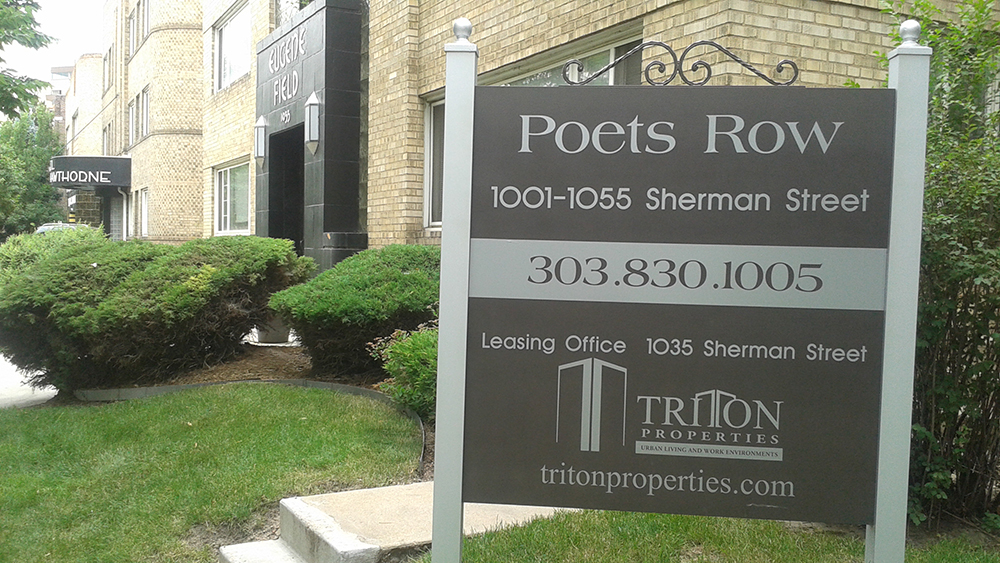The application window for Denver’s soon-to-be-required rental property licenses will open in 2022.
The City Council voted in May to require licenses for all residential rental properties, anything from a single-family home to a large apartment complex.
The early application process is expected to begin in March, said Eric Escudero, a spokesman for Denver’s Excise and Licenses Department.
Licenses will be required for multifamily properties starting Jan. 1, 2023, and for single-unit properties in January 2024.
The cost for the license will be $50 for single-unit houses, and up to $500 for properties with 250 or more units, which will fund the enforcement and operations of the program. Licenses will have to be renewed every four years.
Julie Smith, a spokeswoman for the Department of Finance, told BusinessDen the city expects to bring in $1,283,700 just from the early applications period in 2022.
People who apply early will receive a $25 discount on their licensing fee. When it’s ready to debut, the application will be available on the Excise and License website.
The license fees do not cover the cost of inspections, which will be required for all properties that are more than three years old.
Inspections must be done by a third party, and the city is still putting together a checklist of what will be included, Escudero said. Much of the criteria, however, is expected to address minimum living standards as defined by Denver City Code.
In April, City Council President Stacie Gilmore said Denver receives more than 1,000 complaints each year from tenants about mold, faulty electricity and other problems. The licensing program is intended to address those issues.
The licensing proposal received pushback from industry groups such as the Colorado Apartment Association and Denver Metro Association of Realtors. But the council vote to implement the program was unanimous.
As BusinessDen previously reported, this is expected to be by far the largest single licensing program in the city, and the largest expansion of required licensing in Denver’s history.
The application window for Denver’s soon-to-be-required rental property licenses will open in 2022.
The City Council voted in May to require licenses for all residential rental properties, anything from a single-family home to a large apartment complex.
The early application process is expected to begin in March, said Eric Escudero, a spokesman for Denver’s Excise and Licenses Department.
Licenses will be required for multifamily properties starting Jan. 1, 2023, and for single-unit properties in January 2024.
The cost for the license will be $50 for single-unit houses, and up to $500 for properties with 250 or more units, which will fund the enforcement and operations of the program. Licenses will have to be renewed every four years.
Julie Smith, a spokeswoman for the Department of Finance, told BusinessDen the city expects to bring in $1,283,700 just from the early applications period in 2022.
People who apply early will receive a $25 discount on their licensing fee. When it’s ready to debut, the application will be available on the Excise and License website.
The license fees do not cover the cost of inspections, which will be required for all properties that are more than three years old.
Inspections must be done by a third party, and the city is still putting together a checklist of what will be included, Escudero said. Much of the criteria, however, is expected to address minimum living standards as defined by Denver City Code.
In April, City Council President Stacie Gilmore said Denver receives more than 1,000 complaints each year from tenants about mold, faulty electricity and other problems. The licensing program is intended to address those issues.
The licensing proposal received pushback from industry groups such as the Colorado Apartment Association and Denver Metro Association of Realtors. But the council vote to implement the program was unanimous.
As BusinessDen previously reported, this is expected to be by far the largest single licensing program in the city, and the largest expansion of required licensing in Denver’s history.

